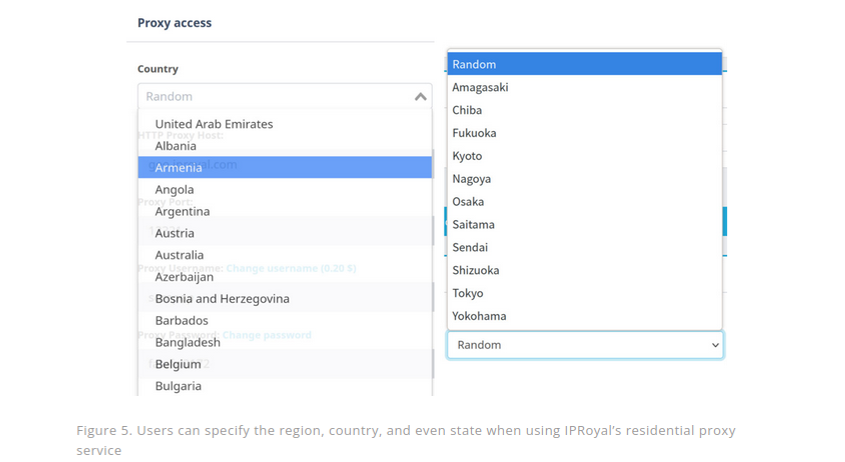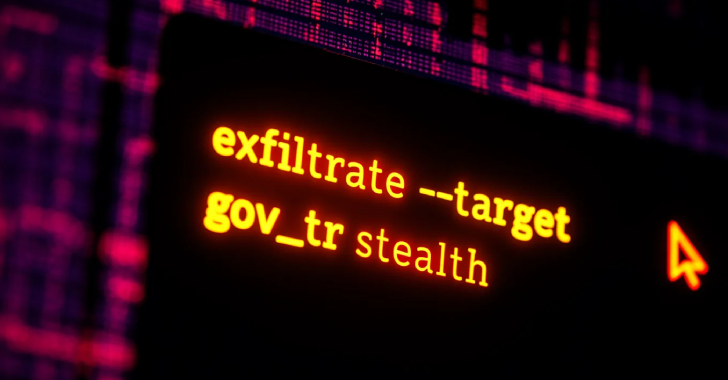
Simplify Your Regulatory Compliance Assessments
The ever-evolving landscape of regulatory compliance can be overwhelming for many businesses. Each year, new rules and amendments are introduced, necessitating adjustments to operational procedures. With so many intricacies involved, Compliance Assessments often become a daunting task. However, with the right approach and tools, this task can be made more straightforward. Here’s a guide to simplifying your regulatory compliance assessments.
- Understand Your Requirements
The first step is understanding what is required of your business. Regulatory requirements vary by industry, location, and even the size of your business. Some industries, like finance or healthcare, are more heavily regulated due to the sensitive nature of their operations.
To simplify:
Centralize Information: Create a centralized repository where all regulatory requirements relevant to your business are listed. This can be a digital database or even a physical binder.
Stay Updated: Regulations change. Subscribe to newsletters, web feeds, or services that provide updates on compliance laws pertinent to your business.
- Automate Where Possible
Manual processes are not only time-consuming but are also prone to errors. Automation can play a vital role in streamlining assessments:
Automated Tracking: Invest in compliance management software that can track your compliance status and send alerts for any lapses or impending deadlines.
Data Analysis Tools: Automation tools can help gather and analyze data, making it easier to spot trends, gaps, or areas that require attention.
- Break Down the Assessment
Large tasks become manageable when broken down into smaller chunks. Instead of viewing the compliance assessment as a monolithic task:
Focus on One Regulation at a Time: Deal with each regulation separately. This allows you to channel your resources and attention more efficiently.
Use Checklists: For each regulation, have a detailed checklist. This ensures nothing is overlooked and can provide a sense of accomplishment as items are ticked off.
- Engage Your Team
Compliance isn’t just the responsibility of one department. It touches upon various facets of a business:
Train Your Staff: Regular training sessions can ensure that everyone is on the same page and understands the importance of compliance.
Appoint Compliance Champions: These are individuals who are well-versed in specific regulations and can act as a go-to resource for questions or clarifications within their department.
- Seek External Expertise
While it’s essential to have in-house capabilities, external expertise can provide an objective and expert perspective:
Hire Consultants: Bringing in a third-party expert for periodic reviews can offer insights that internal teams might overlook.
Engage in Peer Audits: Engaging in mutual assessments with peer organizations (under non-disclosure agreements) can provide a fresh perspective and best practice sharing.
- Use Technology to Your Advantage
In our digital age, technology offers several tools to aid in compliance assessments:
Cloud Storage: Storing documents and data on the cloud not only ensures they’re safe from physical damage but also allows for easy access and sharing.
AI and Machine Learning: Advanced technologies can be used to predict potential compliance pitfalls based on trends and data, giving businesses a proactive edge.
- Regularly Review and Adjust
Regulatory compliance is not a one-time task. With regulations and business operations changing, it’s essential to:
Schedule Regular Reviews: Whether it’s quarterly or annually, make it a point to review your compliance status regularly.
Adapt to Changes: As new regulations come into play or existing ones evolve, be ready to adjust your processes accordingly.
- Foster a Culture of Compliance
Last but not least, creating a culture where compliance is valued can make the assessment process smoother:
Open Communication: Encourage employees to voice concerns or ask questions without fear of repercussions.
Reward Compliance: Recognize and reward teams or individuals that showcase exemplary compliance behavior or suggest improvements.
Conclusion
Regulatory compliance assessments, while essential, need not be an overwhelming task. By understanding your requirements, breaking down tasks, automating processes, engaging your team, seeking external expertise, leveraging technology, and fostering a culture of compliance, you can simplify and streamline your assessment process. With a proactive and systematic approach, businesses can ensure they’re always on the right side of the law, promoting trust among stakeholders and averting potential legal pitfalls.
Contact Cyber Defense Advisors to learn more about our Regulatory Compliance Assessments.





